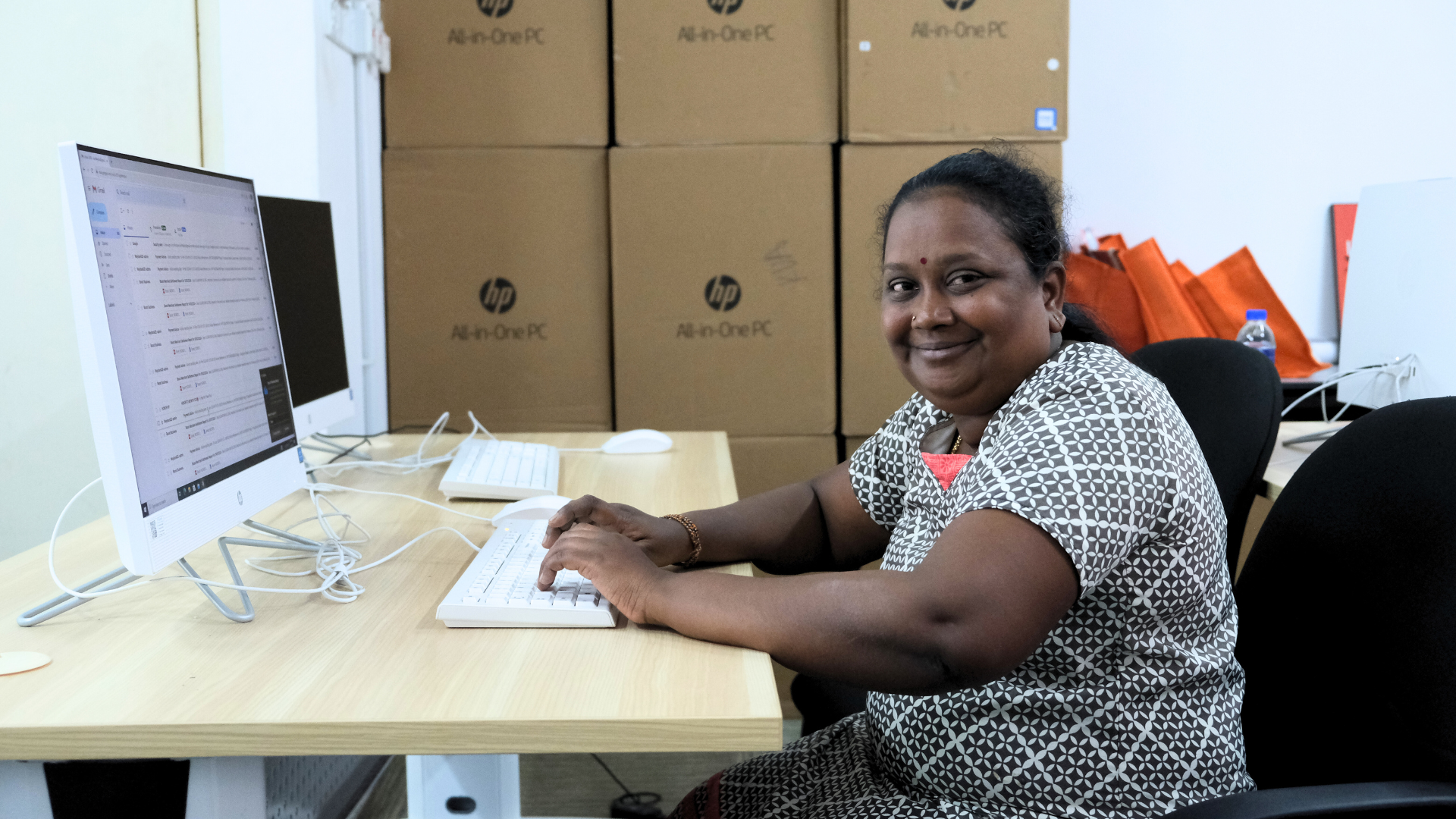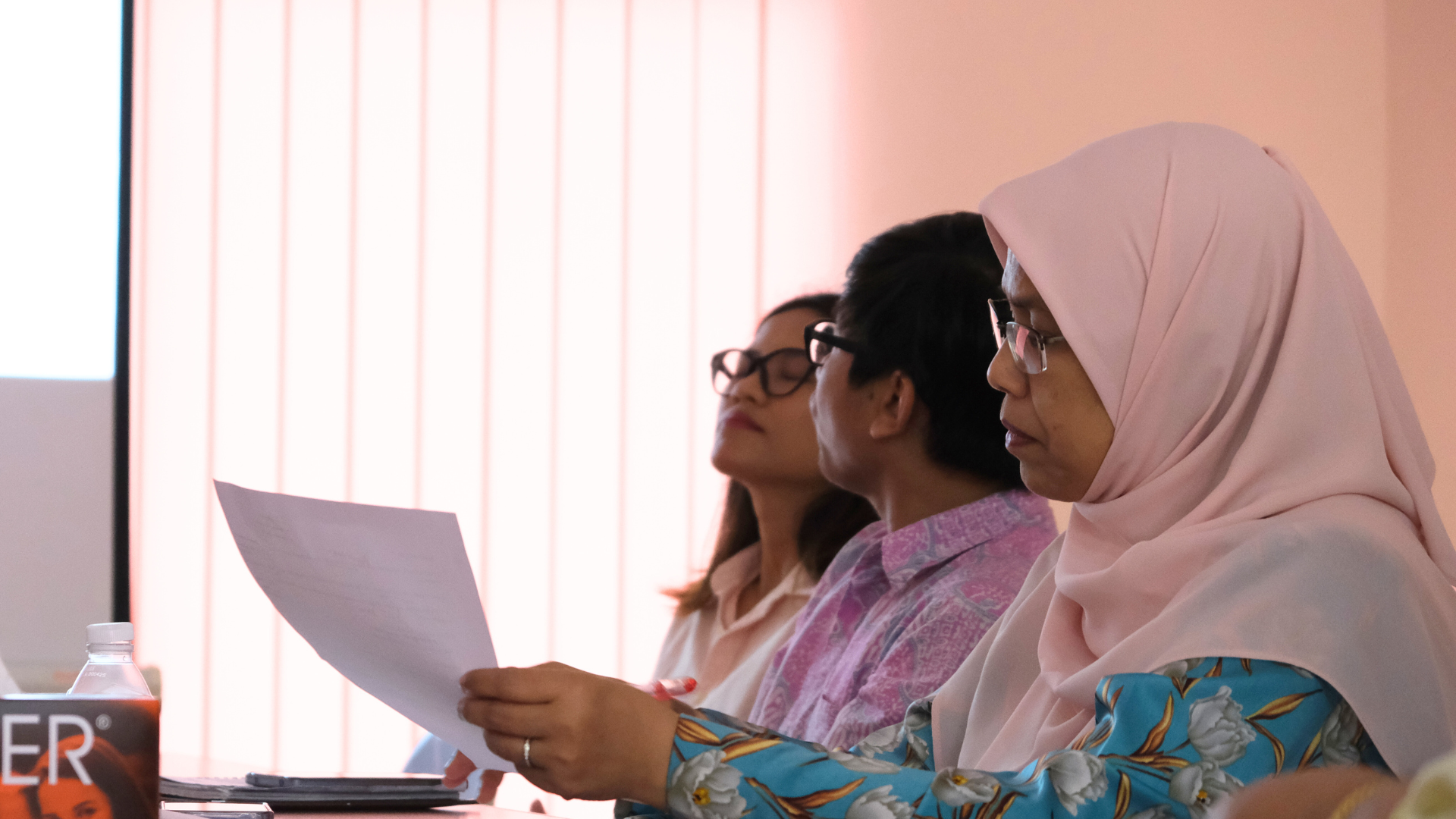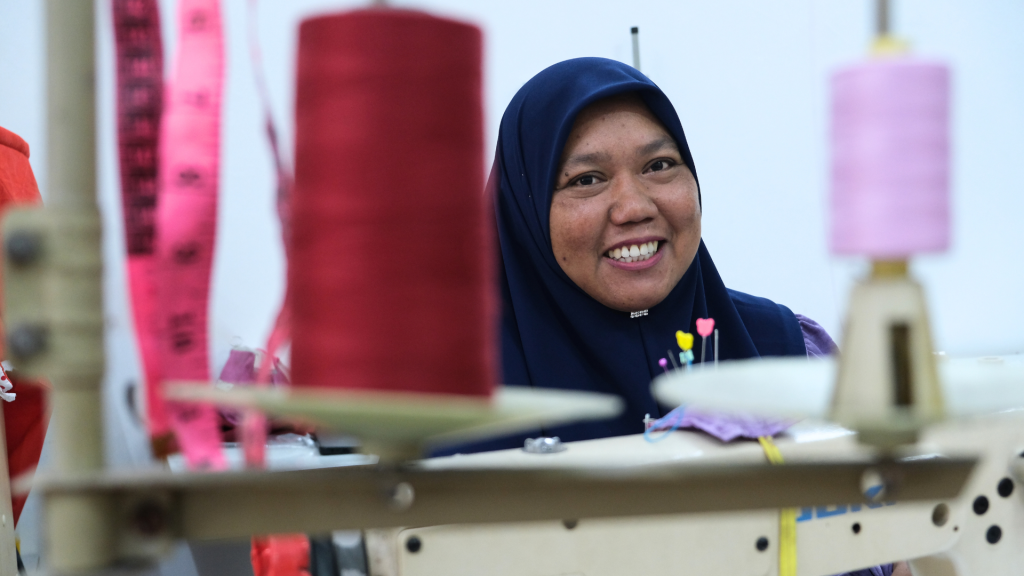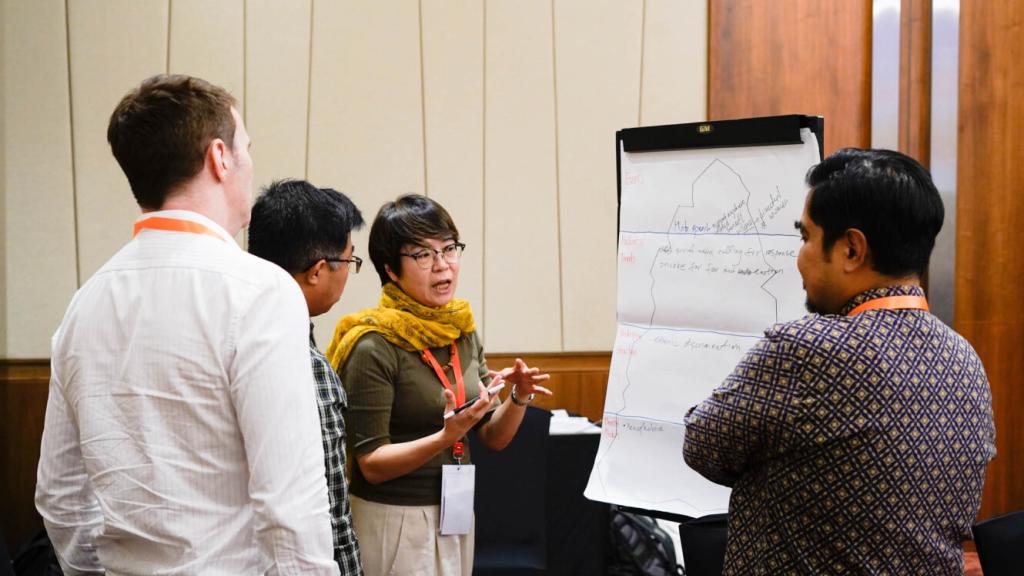Democracy success stories: Episode 1 (Malaysia)

Did you know, if all economic barriers were removed for women in Malaysia, the country’s income per capita could grow by more than 26%? Stronger democratic practices can help solve these problems.
Gender-responsive budgeting is part of the democratic toolkit to help deliver for all citizens. When we think about gender, it often invokes images of women; however, gender encompasses everyone—men, women, boys, and girls. This understanding is crucial for implementing gender-responsive budgeting, which involves considering the diverse needs of all societal groups in budgeting decisions.
Discover the story
Hear from our partners in Malaysia about how how gender-responsive budgeting is helping to improve lives in this episode of our democracy success stories series.

The problem
The rationale behind gender-responsive budgeting is that various groups experience the impacts of government decisions differently. For instance, the COVID-19 pandemic highlighted these disparities: women disproportionately shouldered care responsibilities, while those in countries with inadequate health infrastructure faced greater challenges in accessing medical care and vaccines. Similarly, budgetary decisions can have different effects on different demographics. To make sure no one is held back, decision-makers must consider this in their budgeting practices.

The intervention
In Malaysia, Westminster Foundation for Democracy (WFD) collaborated with various stakeholders, including members of parliament, ministers, ministry officials and civil society organisations, to promote the adoption of gender-responsive budgeting. WFD created manuals, conducted workshops, and developed tools to assist stakeholders in integrating gender considerations into their budgeting processes.

The impact
As MPs, educators, ministers, and civil society have integrated gender-responsive budgeting into their work, they discovered ways they could improve lives through budget-setting and policymaking.
A notable example of this effort is the work of a civil society organization (CSO) in Kuantan, called Teja Station. This organisation used tools developed by WFD to identify the specific needs of women in their constituency and is actively providing training on income-generating activities. They are also learning computer and marketing skills to promote their business and earn a living.
Democracy success stories
This episode is part of our democracy success stories, a series of videos produced under our #DemocracyCan campaign that illustrate how democracy can solve the problems that matter to people and address global challenges.



